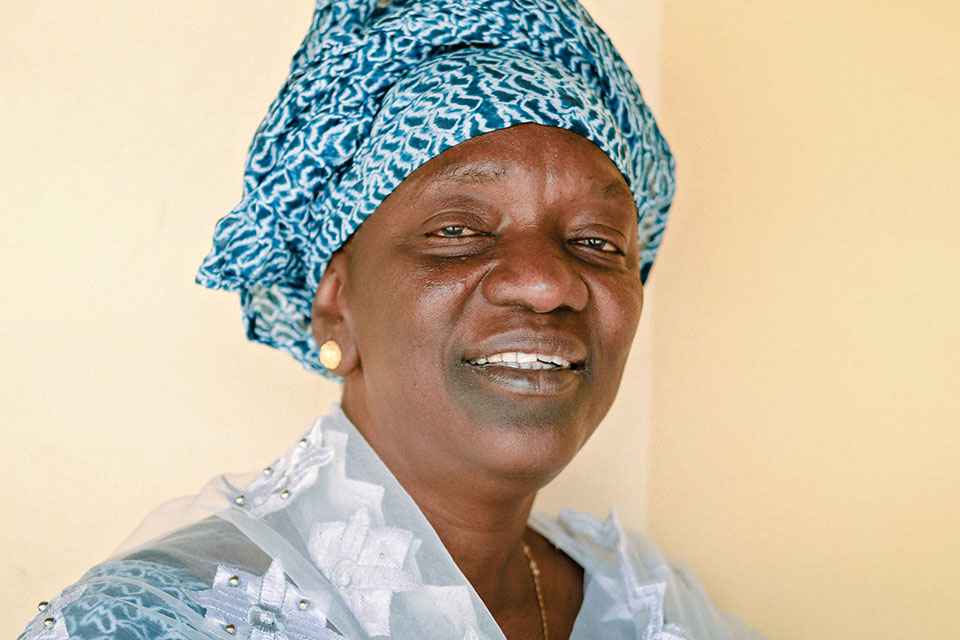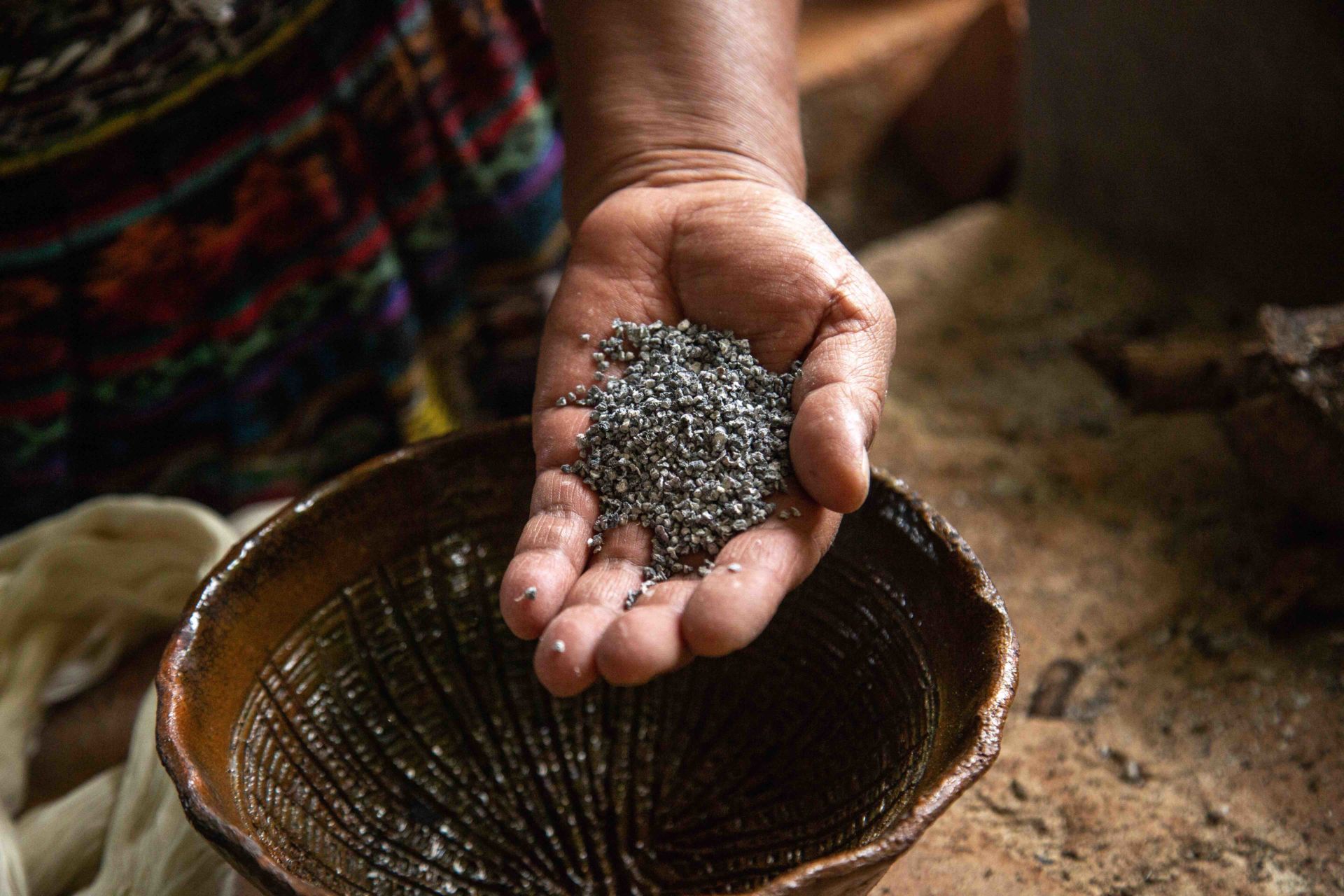Korka Diaw is a Senegalese farmer. She leads REFAN, the Network of Women Farmers in the North of Senegal, which empowers women and fights poverty through agriculture. In this story, she talks about adapting to COVID-19 and climate change.
“Agriculture accounts for 70 percent of my work. In our cooperative, we work on the rice value chain, from start to finish. This includes production, harvesting, processing and marketing. We cultivate 150 hectares of rice and 20 hectares of vegetables and fruits.
The COVID-19 pandemic took us by surprise and halted our activities. Movement restrictions and a curfew prevented us from accessing our fields as needed; support staff couldn’t work as late. Some cooperatives were not able to do any processing because of COVID-19.
We learned to adapt because we had no choice. We couldn’t sit with our hands crossed and not work! We had to learn to protect ourselves. Now, we go to the field with masks, we are careful about contact with each other, we wash our hands often, and we each carry our own food and water.
Agriculture can be risky. For years, before COVID, we didn’t understand what was happening with our land and how to adapt to climate change. There were disruptions to our cultivation calendar. With the support of partners such as UN Women, we learned about climate change and seed selection, among other things. A better understanding of climate change has transformed the way we work and enabled us to put in place appropriate adaptive techniques.
If you want to sustainably farm, but you don’t have seeds adapted to climate change, it will not be possible. If you don’t have land, and you borrow or rent your land, your income may not be sustainable. If you don’t have financing to buy the right agricultural inputs for a good harvest, you may not have a good yield.
One of the best ways to protect the land is through water drainage. We can’t just use water any old way and waste it. It is important to know how to use the land so that we don’t negatively impact the environment and the ecosystem. We must protect the environment so it remains clean, without waste or garbage.
We have been entrusted with the land, it is important that we take care of it.”
Related Articles: The Impact of Conflict on Climate Change Adaptation in Yemen | How Impact Investing Can Boost Rural Economies | Why “Leave No One Behind” is Impossible: Dare to Select
Korka Diaw is a Senegalese farmer, member of the Malayora Gueye agricultural cooperative in Saint Louis, Senegal, and President of REFAN, the Network of Women Farmers in the North of Senegal. REFAN and its 16,000 members empower women and fight poverty through agriculture. UN Women is supporting REFAN to develop sustainable, climate-smart agriculture and increase their resilience through its AgriFeD (Agriculture, Women and Development) programme, run in partnership with BNP Paribas Group. Since the start of AgriFed in 2019, REFAN members have opened three new shops in Dakar, started producing climate-smart seeds, and learned how to pilot drones to monitor rice fields.
Editor’s Note: The opinions expressed here by Impakter.com columnists are their own, not those of Impakter.com. — In the Featured Photo: Korka Diaw is a Senegalese farmer, member of the Malayora Gueye agricultural cooperative in Saint Louis, Senegal, and President of REFAN, the Network of Women Farmers in the North of Senegal. In the Featured Photo Credit: UN Women/Yulia Panevina.











